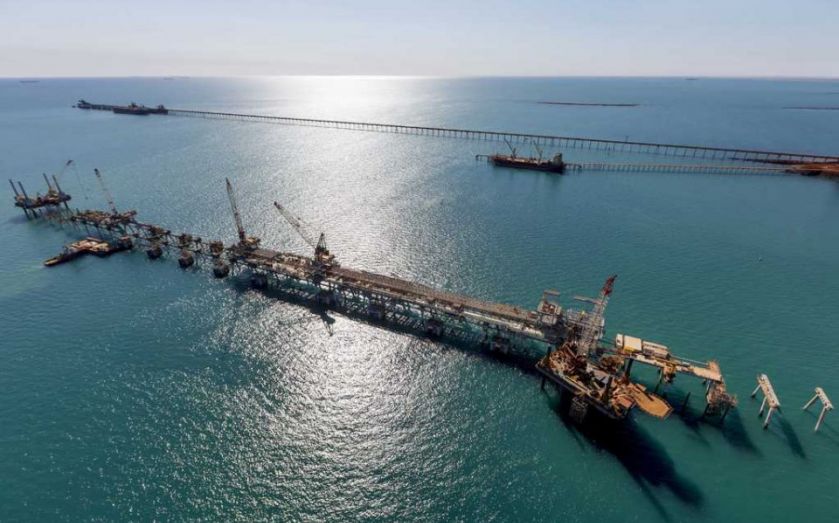Rio Tinto announces capital return, buys back $2bn in shares

The figures
Rio Tinto shareholders are waking to the news they had been waiting for: the miner will conduct a $2bn (£1.3bn) share buyback.
In the miner's full year results, published today, Rio Tinto revealed its underlying earnings had dropped to $9.3bn for the 12 months ending 31 December 2014, down from $10.2bn in 2013. Capital expenditure was cut too, and is expected to drop to $7bn annually over the next few years, down from $8.2bn in 2014 and close on $18bn in 2013. It’s been a sharp decline.
Net income, however, rose to $6.5bn from $3.7bn in 2013.

Why it’s interesting
Commodities prices have taken a bashing in the last year, with weakening demand, notably from China, taking a toll. Iron prices halved during 2014, partly due to increased production by companies including Rio.
How commodities deal with a weakened global outlook will be interesting stuff, and Rio managed to find a bright spot: its aluminium business more than doubled its underlying earnings from $557m to $1.2bn.
There has also been talk of a possible merger between Rio and Glencore, the largest mining company on the FTSE. Speculation is currently on hold, but Glencore could come wooing again after 8 April.
What Rio Tinto said
Rio Tinto chief executive Sam Walsh said
Last year, we made a clear commitment to materially increase cash returns to our shareholders. We have delivered this today through a 12 per cent increase in our full year dividend and a proposed $2.0bn share buy-back. These represent a total cash return to shareholders, in respect of 2014, of almost $6.0bn.
Our continued financial and operating discipline enabled us to offset much of the impact of lower commodity prices in 2014. By increasing volumes and reducing costs, we achieved underlying earnings of $9.3bn…
Free cash flow was assisted by a further reduction in capital expenditure and a successful programme to release working capital. As a consequence, we have reduced net debt by $5.6bn to $12.5bn.
In short
The environment for miners such as Rio Tinto is an inclement one. The company is doing its best to make itself svelte enough to deal with the unfavourable conditions: its net debt was cut by 31 per cent to $12.5bn during 2014.